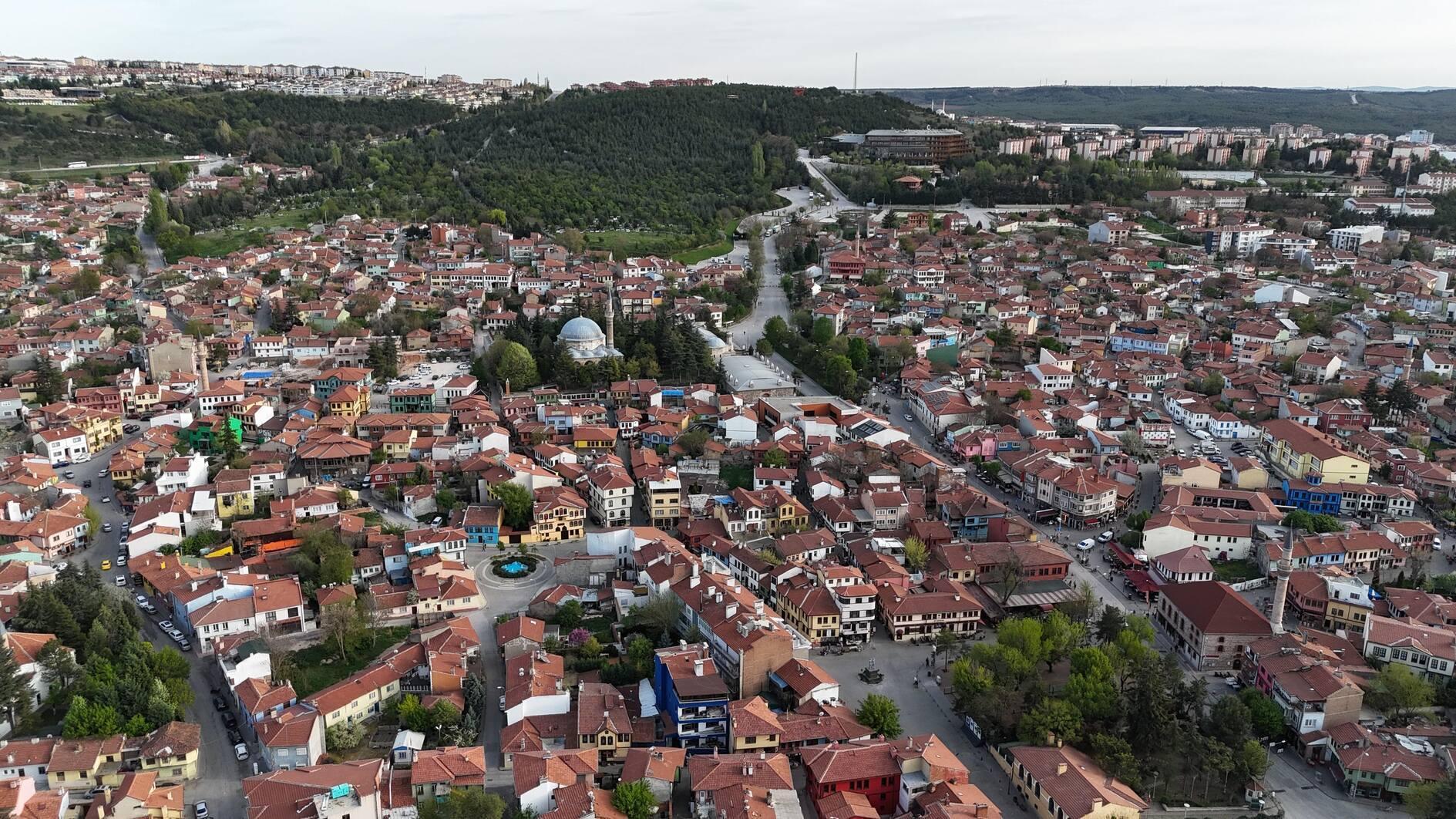Three important warnings on Turkish politics
There are two important interviews in Hürriyet Daily News giving two important warnings regarding the future of Turkish democracy, as the country heads toward presidential elections in August, right on the heels of the local polls last month.
One of them is in Cansu Çamlıbel’s interview with Frank Ricciardione, the U.S. ambassador to Ankara.
The other one is in Barçın Yinanç’s interview with Adil Gür, the head of the A&G Research and Polling company in Istanbul.
Ricciardone says the ”appearance” of Turkey during the local elections campaign, with all the corruption allegations, intervention in people’s private lives and the government’s secret affairs and bans on freedom of communication was not exactly that of a “first-class democracy.”
Gür says Prime Minister Tayyip Erdoğan’s ruling Justice and Development Party (AK Parti) “chose polarization, because the economy was not doing well” and as a researcher whose estimates proved correct in local polls, he concludes that “polarization serves the ruling party, not the opposition.”
On top of those excellent interviews, we can add another interview in Radikal’s April 6 edition with Parliamentary Speaker Cemil Çiçek by Ömer Şahin. Çiçek expresses worry that a fight between an effective prime minister and a president with power, but no legal responsibility, and when both are elected through a popular vote, will become “inevitable.”
Çiçek is talking about the fact that president is going to be elected through a popular vote for the first time in Turkey. Up until 2007, it was the Parliament that elected the president. But as a reaction to a quarrel with the military, the AK Parti led a referendum – after electing Abdullah Gül as president for the last time by Parliament – bringing in the popular vote system.
But the Constitution still says the executive power is used by the president and the Cabinet both (Article 8) and that the president is immune from his (or her) actions during the term and can only be tried for treason (Article 105); the Cabinet also carries all the responsibility for the president’s actions.
Now let’s go over it together:
1) There is a very critical election in four months’ time, while the parliamentary speaker has signaled that a fight is inevitable, despite the fact that both Erdoğan and Gül have agreed to negotiate a road map on it together.
2) Erdoğan has once again proven, during the March 30 elections, that the polarization recipe works well for him. There is no need for him to change it.
3) With more polarization on the horizon, we expect the Turkish government to pull itself together,
fight corruption instead of blaming “foreign plotters” for it and sweeping them under the carpet, lift the bans and threats of bans on freedom of communications and “appear” like a “first-class democracy,” as the U.S. ambassador puts it.
I am for taking those warnings seriously. Unfortunately, however, all indications show Turkey might witness more polarization toward the presidential elections. As Gür says, polarization, instead of trying to be a good boy in Western eyes, brings more gains, according to Erdoğan.











